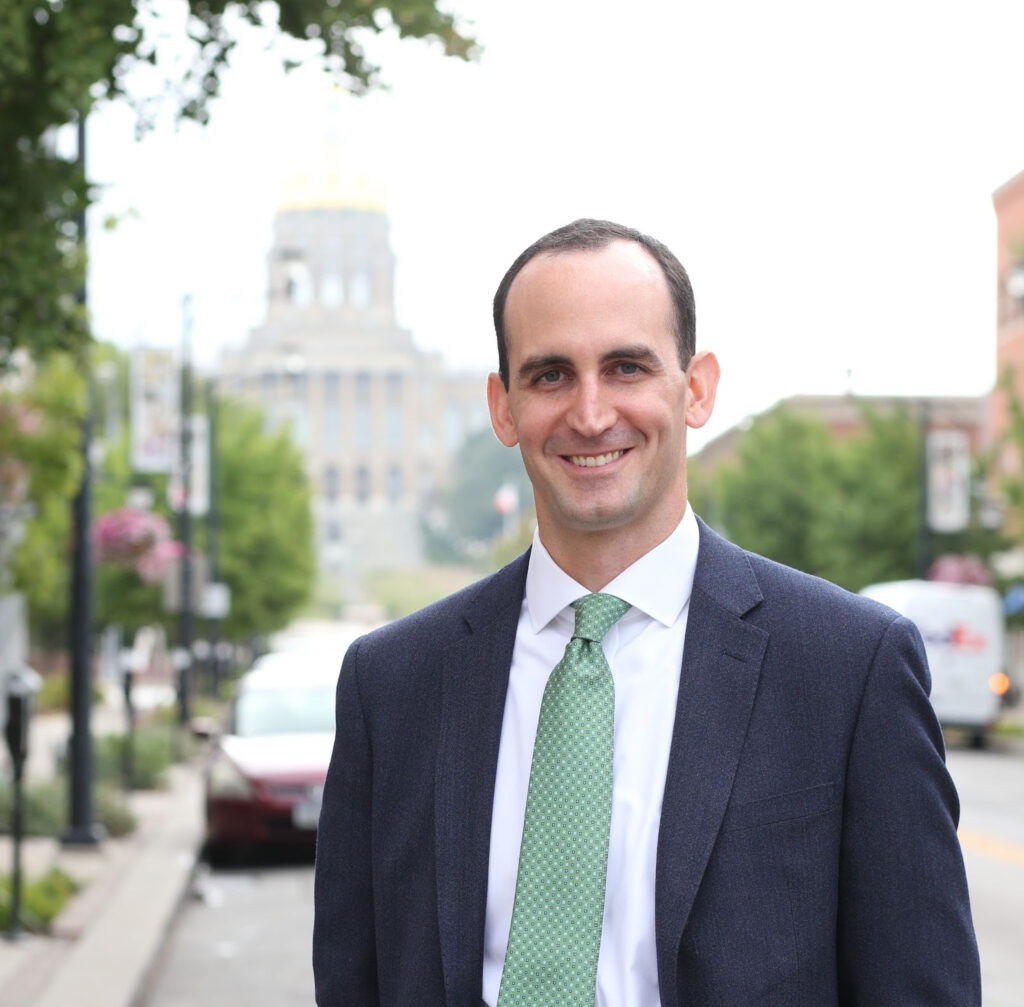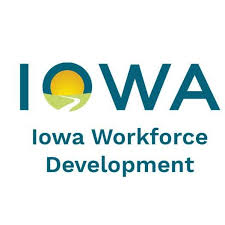IBC’s first-quarter economic survey shows overall optimism, but concern about workforce levels remains

A group of CEOs from some of Iowa’s largest companies were more optimistic about the state’s overall economic prospects in the results of the Iowa Business Council’s (IBC) first-quarter Economic Outlook Survey released Wednesday.
However, workforce attraction and retention remains the organization’s top concern.
The survey results show an overall economic outlook index of 63.16, an increase of 3.51 points from the previous quarter and 2.66 points above the historical average of 60.50. If the index in the statewide business organization’s quarterly survey measures above 50, overall sentiment is positive.
The nonpartisan, nonprofit IBC is made up of 22 chief executives from the state’s largest employers. According to President Joe Murphy, 19 of the 22 member CEOs participated in the first-quarter survey. The IBC has conducted the member poll since 2004.
Nearly 68% of IBC executives surveyed listed the size of Iowa’s available workforce as a primary business challenge, with 79% of executives indicating that it is somewhat to very difficult to hire employees in the current market.

That metric is down from 85% in the 2023 fourth-quarter survey released in January, but Murphy told the Business Record that the number is “still quite high.”
He said the hope is that efforts by IBC and other Iowa companies to implement and expand work-based learning programs, and to push the state Legislature to support those initiatives, will help retain skilled workers.
“If we can attract and we can identify individuals early on in their academic career, that’s going to set them up for some really good success once they enter the job market or enter a two-year or four-year academic institution, while still maybe working part time or still conducting a long-term internship. That will give them a retention factor that we’ve not really explored before,” Murphy said.
IBC members also want to see a bigger increase in net migration to the state as an avenue to recruit more workers to fill available jobs.
Iowa saw a net migration increase in 2023 of about 1,500 people, according to IBC’s 2024 annual Competitive Dashboard released in February.
Murphy said Iowa companies are starting to look to college and university recruitment events outside Iowa borders as one avenue to find workers. The business organization has also called on federal lawmakers to reach a consensus on bipartisan immigration reform to further extend Iowa’s talent pool to bring more international workers.
According to the latest data available from Iowa Workforce Development, the state’s unemployment rate was 2.9% in February, with 60,955 job openings.
“We can bring in more people to these job opportunities rather than rearranging the chairs among our own communities and the employment base,” Murphy said. “I think that’s going to lead to some long-term success.”
Inflation was the second-most cited business challenge in the survey, with 53% of IBC executives listing the increasing cost of products and service inputs as a concern, according to a news release. An unfavorable business climate – national supply chain, infrastructure and federal regulations – was cited by 47% of IBC executives as a top-three business concern.
The survey shows other bright spots. Sales expectations for 2024 increased by 9.22 index points to a value of 67.11. The results say capital spending expectations decreased by 3.95 index points to 63.16, while employment expectations increased by 5.26 points to a value of 59.21.
“The first-quarter findings show continued optimism in Iowa’s economy,” Phil Jasper, president of Raytheon and chair of the Iowa Business Council, said in the release. “With sizable increases in most categories, these results further indicate an acceleration of growth for Iowa’s overall business climate.”
Murphy said companies were holding back on spending in the third and fourth quarters of 2023, taking a “pragmatic or cautious approach” due to high federal interest rates and the overall perceived direction of the economy.
“People are taking great stock in the fact that it seems like we have achieved a soft landing [with the economy], and as we head into the spring and summer months, the expectation is that sales will increase based on demand,” Murphy said. “… There is still a lot of purchasing power out there, and I think companies are expecting there to be robust demand for their services and products over the next six months.”

Mike Mendenhall
Mike Mendenhall is associate editor at Business Record. He covers economic development, government policy and law.










